Africans in Switzerland find a common voice
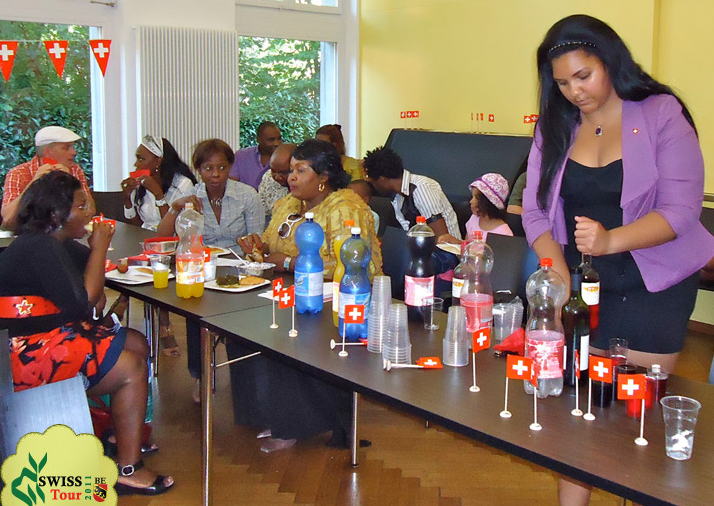
Some fled from a country torn by war. Others were following the dream of a better future: a job, a home, a family.
At the end of 2011 there were 60,658 Africans resident in Switzerland, not counting dual citizens or asylum seekers without refugee status. Most of them are Eritreans (8,377), Moroccans (7,270), Tunisians (6,489), Congolese (4,707) and Cameroonians (4,068).
With the exception of South Sudan, which has been independent only since July 2011, all 54 states of the world’s second-most populous continent are represented. Together they represent about 3.5 per cent of the foreign resident population here.
“African immigration is a rather recent phenomenon in Switzerland which experienced a significant development in the past 20-30 years,” explained the sociologist Denise Efionayi, author of a study on the Sub-Saharan diaspora published by the Swiss Forum for Migration and Population Studies (SFM).
“This is a heterogeneous community, with extremely varied cultural, linguistic and religious affiliations. ‘African’ identity for these migrants is often defined negatively in response to a common migratory pattern and experiences of discrimination and marginality.”
In the eyes of many Swiss, these migrants are simply Africans. It matters little where they come from; whether they are Christian or Muslim, or speak French, English or Arabic.
It’s a prejudice which needs to be corrected, certainly, but one which the African diaspora is now trying to turn to its own advantage, playing down national barriers so as to speak with a single voice.
Earlier this month, several hundred Africans met in Bern to get to know each other, engage in dialogue, and share their hopes and frustrations.
The congress was organised by the African Diaspora Council Switzerland (ADCS) which intends to act as an umbrella for the hundreds of African associations, small businesses and places of worship now active around the country.
The aim is to improve the image of this community of migrants which is too often associated with problems like illegal immigration, drug dealing and violence.
Strength in numbers
“The initiative was started in 2010 after the death of a Nigerian asylum seeker during a forced repatriation.
The African community was in shock, but in spite of this only a small number of people took part in protests and awareness-raising actions that followed the event,” explained ADCS coordinator Celeste Ugochukwu.
“So we thought that, if Mohammed won’t go to the mountain… we needed to get going ourselves. And so we went around the different regions to get to know the groups and act as a bridge between them.”
The creation of an African diaspora council immediately aroused the interest of the Federal Migration Office.
“For us it is fundamental to have a more institutional partner that can give voice to the needs of the migrants,” Eric Kaser from the Migration Office integration division told swissinfo.ch.
Around 30 associations have joined the initiative and, apart from Egyptian representatives, they are run by, or cater to, migrants from Sub-Saharan Africa.
Some concern themselves with facilitating the integration of Africans in Switzerland, others with promoting development in their home countries through exchanges of skills or sending money. There are politically motivated organisations and research centres for promoting peace.
A fundamental role in the integration of migrants is played by the religious groups, the food stores, hairdressers and restaurants, which also represent a significant focus on socialisation.
“Unlike the Spaniards and Portuguese, Africans were not able to count on the help of trade unions in creating a community where they could band together and defend their rights,” explained Efionayi.
“This is because of the great diversity of the community and an economic situation that is quite different from what it was in the post-war era.”
Overcoming prejudice
According to the SFM study, over 50 per cent of immigrants from Sub-Saharan Africa are under the age of 40. It is therefore not surprising that the impulse for the creation of an African diaspora council came particularly from young people.
“Leaving aside our cultural differences, we are often confronted with the same problems: access to education or jobs, assimilation, loneliness and isolation,” said Joel Hakizimana, a 31-year-old originally from Burundi who is now secretary of the ADCS.
Prejudice is all too present in life and “even if at times people get tired of hearing about integration, sharing experiences and strategies lets us look to the future in a positive way”, he said.
Workplace discrimination is perhaps the most striking aspect of the experience of these young people. Between 2003 and 2007, two-thirds of African immigrants were working at semi-skilled or unskilled jobs, for the most part as manual labourers, or were working in retail, services and restaurants.
“Some of them have a university degree, but these are not recognised or have simply lost their worth after the months of inactivity taken up by the asylum procedure or unemployment, which among young Africans is over 20 per cent,” said Efionayi.
For the African diaspora, economic and social participation is the key to successful integration. The new organisation is a chance to show Swiss society the important role played by various regional associations.
It is an opportunity to reinforce a common African identity and create a political lobby able to overcome the many prejudices which exist.
“Integration is like doing the tango: it takes two,” participants in the diaspora meeting have been saying.
“We are ready to dance. Are you?”
At the end of 2011 there were 1,772,279 foreigners resident in Switzerland, with most coming from the European Union or European Free Trade Association countries.
Africans number 60,658 – slightly less than 3.5% of the foreign resident population.
The most heavily-represented countries are Eritrea (8,377), Morocco (7,270), Tunisia (6,489), Democratic Republic of Congo (4,707) and Cameroon (4,068).
The African diaspora is present mainly in French-speaking Switzerland, and large urban centres like Zurich and Basel.
People with dual citizenship are not included in these statistics, as they are counted as Swiss.
The same goes for asylum seekers who are waiting a decision on refugee status and who are counted in the asylum statistics.
(Source: Federal Migration Office)
The African Diaspora Council Switzerland (ADCS) was founded on November 6, 2010.
On March 3 it held its first national congress in Bern, which was attended by several hundred African representatives and Swiss people active in migration issues.
The ADCS intends to build a network out of the hundreds of associations, groups and small businesses run by or catering to the African community.
This article deals only with African citizens holding a residence permit, but the ADCS also includes asylum seekers present in the country.
The length of their stay in Switzerland can vary from a few months to several years, depending on their status, their country of origin and their personal situation.
(Translated from Italian by Terence MacNamee)

In compliance with the JTI standards
More: SWI swissinfo.ch certified by the Journalism Trust Initiative

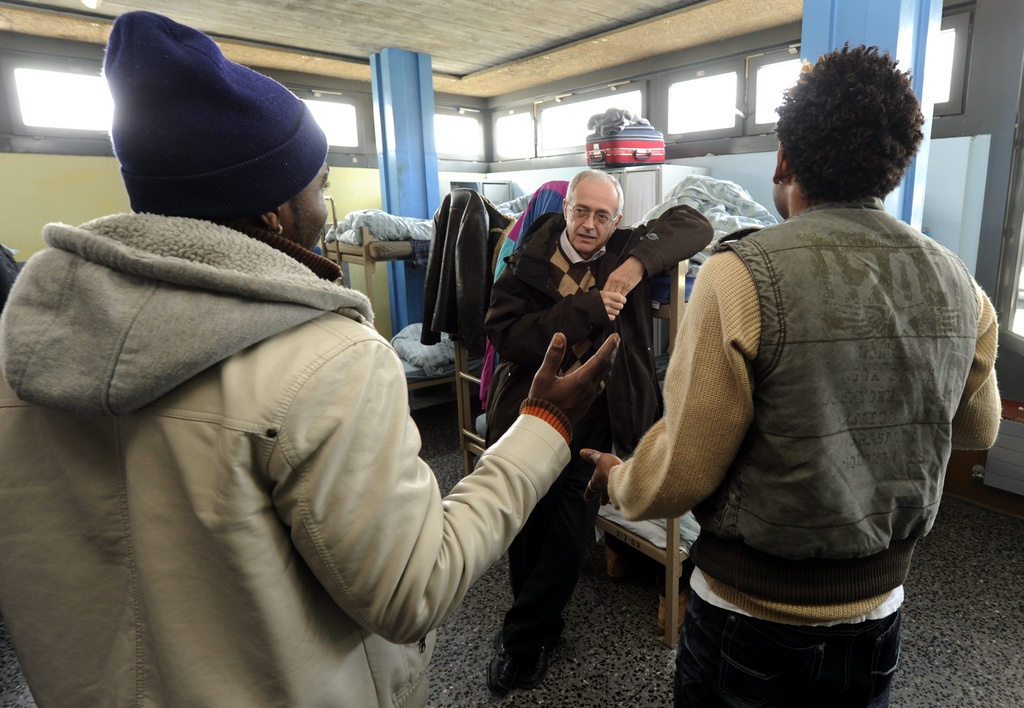
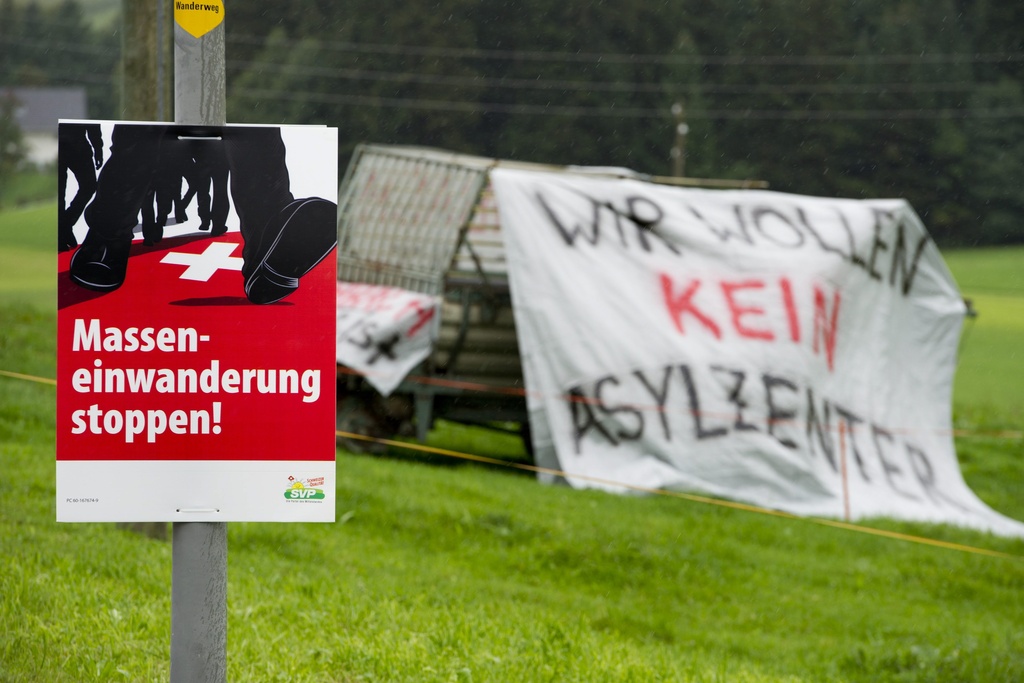
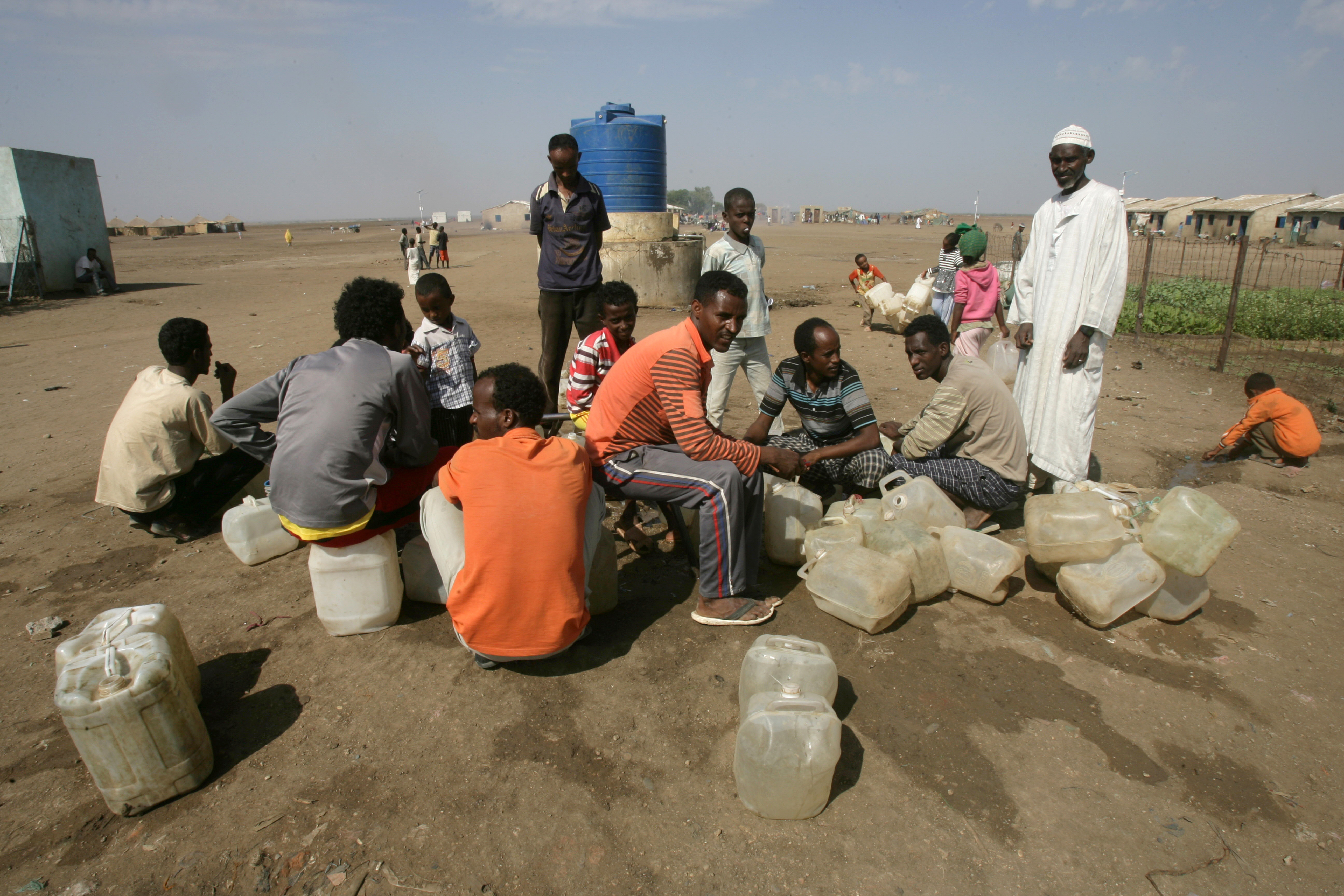
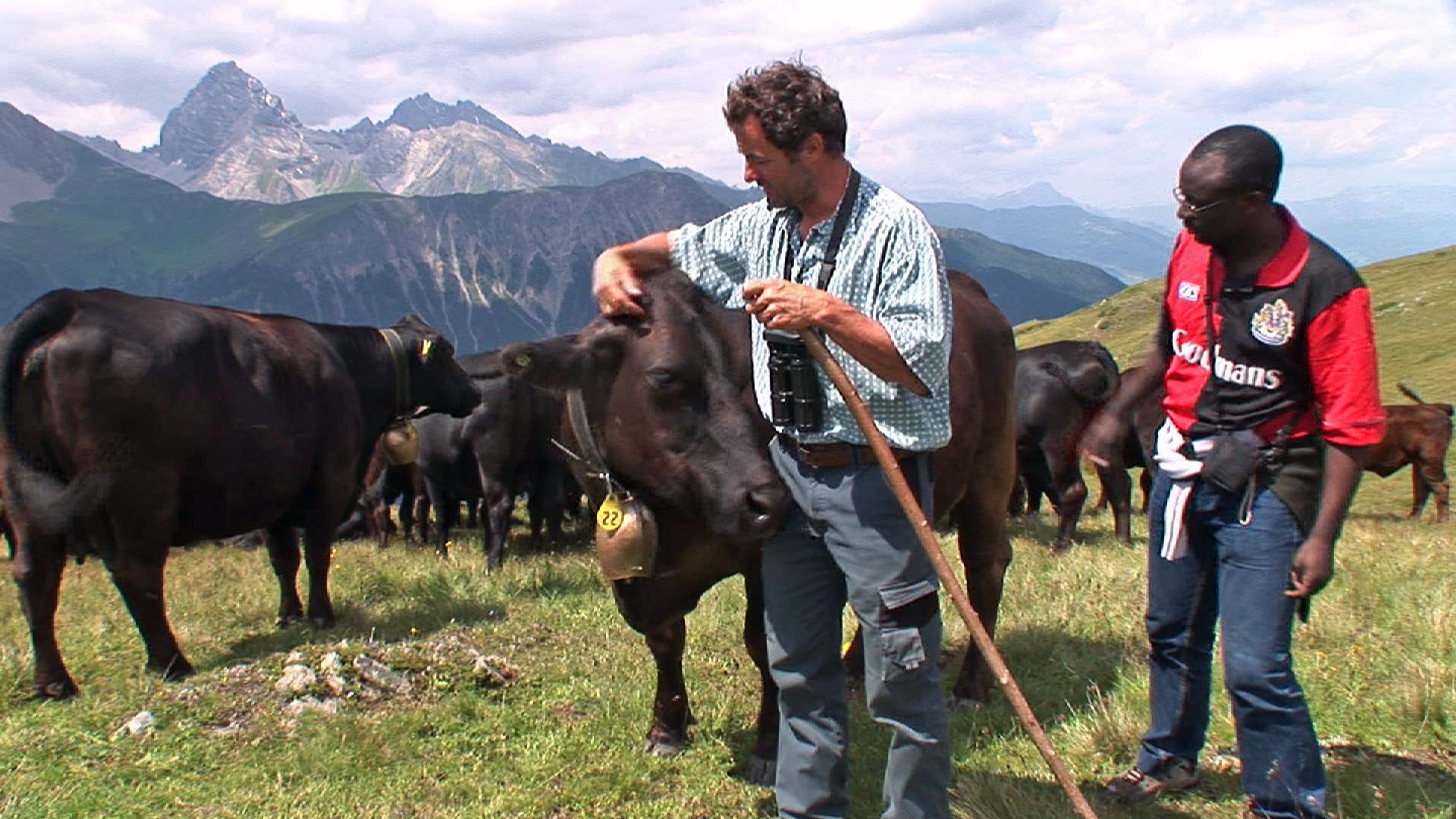
You can find an overview of ongoing debates with our journalists here. Please join us!
If you want to start a conversation about a topic raised in this article or want to report factual errors, email us at english@swissinfo.ch.